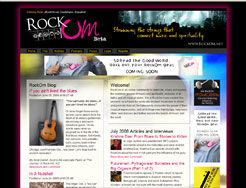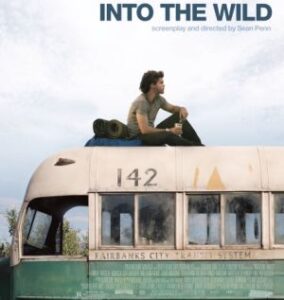Sometimes I think I really must be mad for keeping this blog. Not just because I’m trying to write about what can’t be written, but to do it publicly! Yet, when I feel that no one can possibly understand what I’m saying, seems to be when people understand me best. It’s strange, but freeing. So here’s a teensy story about something I did recently and what I learned from it.
On New Year’s Eve, I happily cursed "God." (And happily told him I loved him too, but that’s another story.) What was interesting was the rightness I immediately felt about it. For I while, I considered this the union of opposites, yin and yang, action and rest, blessing and blasphemy. God encompasses all, nicht wahr? But the word Demiurge came to mind soon after.
What was the "God" I lost when I had the "empty holodeck" experience?
What was the "God" I wanted to be free of?
What was the "God" Meister Eckhart prayed God to destroy?
If there’s one useful concept from Gnosticism that applies to those on the path today, it might be the Demiurge, though not in a literalistic way as many of the Gnostics apparently did. Gnostics believed there was a false God, the Demiurge, who erroneously thought himself the Source of all, and who demanded worship and sacrifice. Christ came to show us the way to the Father and escape the Demiurge. There’s something to that… False gods are the greatest bane to humanity. All concepts of God tend to be Demiurge.
Cast off concepts of God, and what is left? Nothing that can be imagined, nothing that can be named, but only what is always there, all the time.
It’s easy to show (facetiously, at least) that atheists and monotheists and Zennists believe in exactly same true Creator.
Atheist: God doesn’t exist. (Nothing created the Universe)
Theist: What came before God? Nothing. (Nothing is the ultimate Source).
Zennist: Emptiness is the true nature of everything. (Nothing is ultimate reality.)
There something about that Nothing. Even atheists, monotheists, and Zen practitioners can see that Nothing or No-thing is the real Power, the real One, ever-present, and with all the power to make Everything appear. Images and forms, mental or physical, are not that.
The God who can be cursed
Is not the eternal God
(with apologies to Lao Tzu)
 The dialogue continues like that until the only change for most people, is that the “Why?” stops being asked. At that point, you enter the mind-made cell.
The dialogue continues like that until the only change for most people, is that the “Why?” stops being asked. At that point, you enter the mind-made cell.

